Greeks Flock to Bulgarian Petrol Stations as Schengen Expansion Eases Border Crossings

Πηγή Φωτογραφίας: Διαδίκτυο//Greeks Flock to Bulgarian Petrol Stations as Schengen Expansion Eases Border Crossings
Greek motorists are heading across the border into Bulgaria in large numbers to take advantage of significantly cheaper fuel prices, following Bulgaria and Romania’s official entry into the Schengen area on 1 January 2025.
The price difference is striking: a litre of 95-octane unleaded petrol costs just €1.28 in Bulgaria, compared to €1.80 in Greece. For Greek drivers, this equates to a saving of €26 on a full 50-litre tank, making the short journey across the border highly appealing.
Hassle-Free Crossings Delight Drivers
The recent changes have transformed border crossings. At Promachonas, the busiest crossing point between Greece and Bulgaria, customs posts now stand deserted, and barriers have been permanently lifted. Social media is abuzz with celebratory posts as travellers share images of queue-free crossings and seamless journeys.
The once-daily frustrations of long queues of cars and lorries have completely vanished, creating a new sense of freedom for those travelling between the two countries.
Bulgaria: A Petrol Price Haven
The economic incentive for Greek motorists to refuel in Bulgaria is clear. According to the latest figures from the EU Oil Bulletin, as of 30 December 2024, the price of 95-octane petrol in Bulgaria was €1.28 per litre, while diesel prices were similarly attractive. By comparison, the global average price for petrol during the same period was €1.60 per litre.
Bulgaria has long been known for its low fuel prices. Between January 2015 and December 2024, the average petrol price was €1.14 per litre, with a record low of €0.82 during the pandemic in May 2020.

Economic and Social Implications
While the removal of border checks has brought convenience, it has also raised some concerns. Critics warn that the absence of customs and police inspections could lead to an increase in smuggling and other illicit activities.
Nevertheless, the development is expected to deliver substantial economic benefits. Easier movement between the two nations is likely to boost tourism and trade, strengthening ties and driving economic growth in the region. Local businesses on both sides of the border are poised to benefit from the increased flow of visitors and goods.
The end of border checks has undeniably reshaped life for residents in the border regions of Greece and Bulgaria. However, ensuring this newfound freedom does not compromise security or regulatory compliance remains a pressing challenge.
For now, Greek drivers are relishing the advantages of cheaper fuel and hassle-free journeys, while the broader implications of this new era of cross-border cooperation continue to unfold.
Source: pagenews.gr
Διαβάστε όλες τις τελευταίες Ειδήσεις από την Ελλάδα και τον Κόσμο







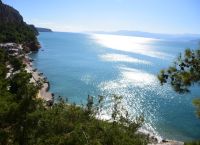


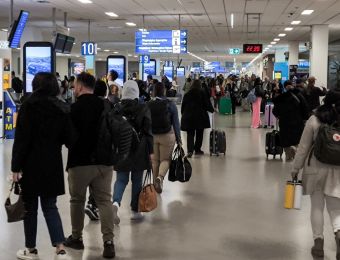


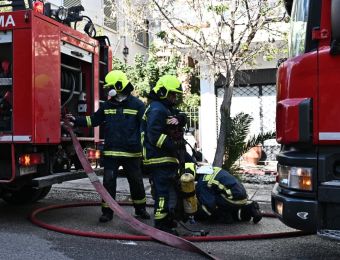


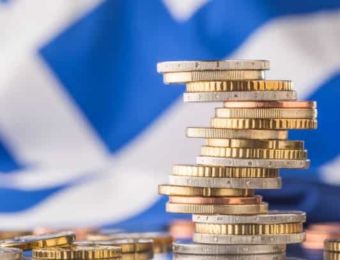
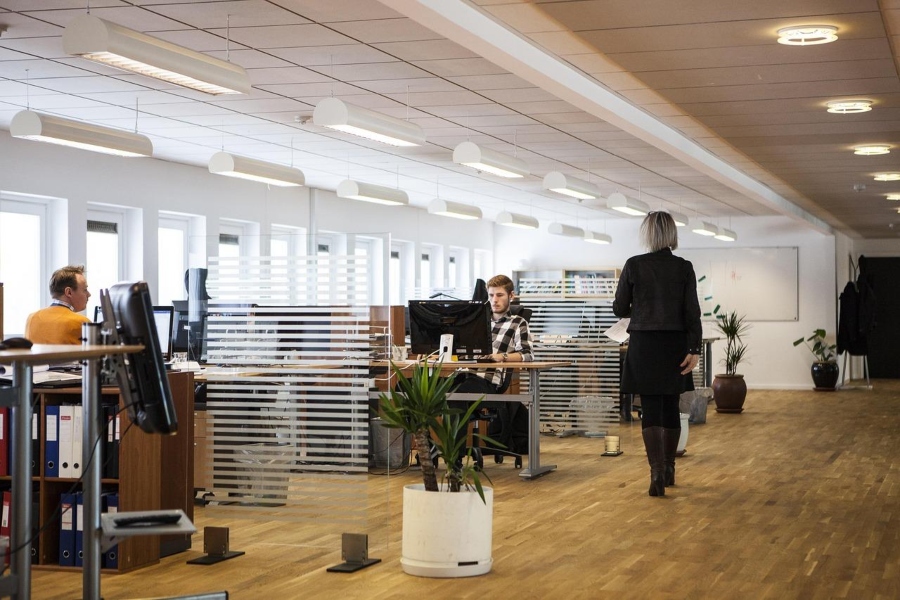

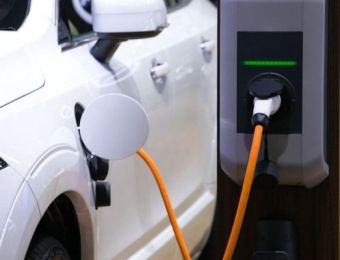

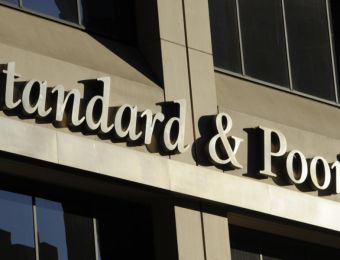

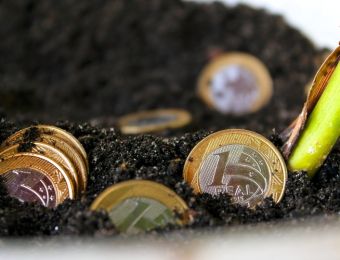


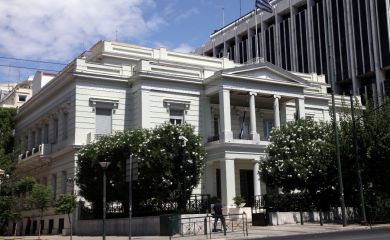

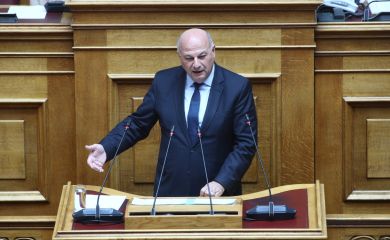

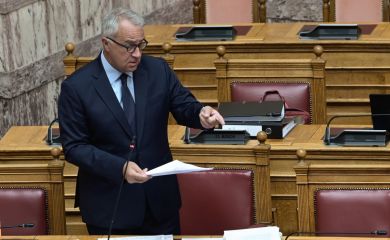
Το σχόλιο σας